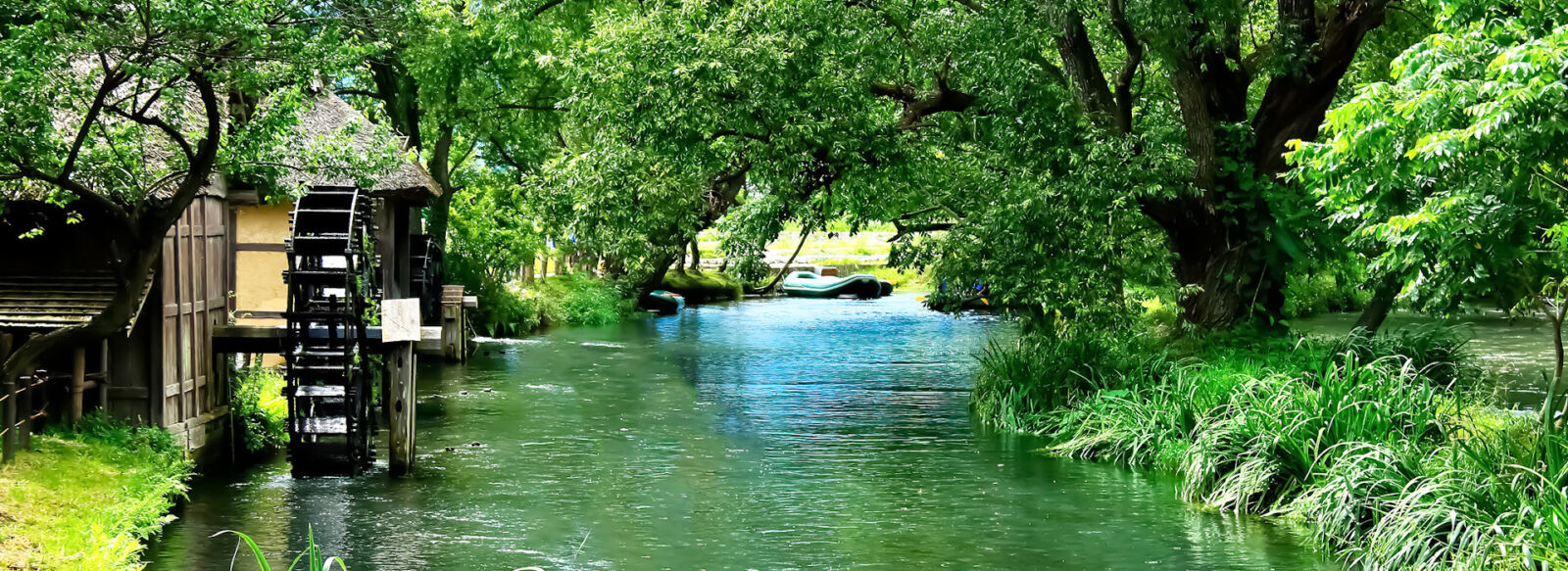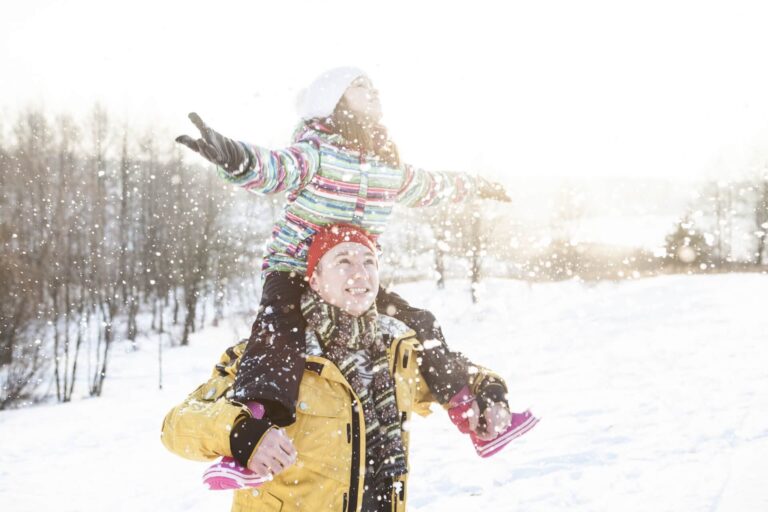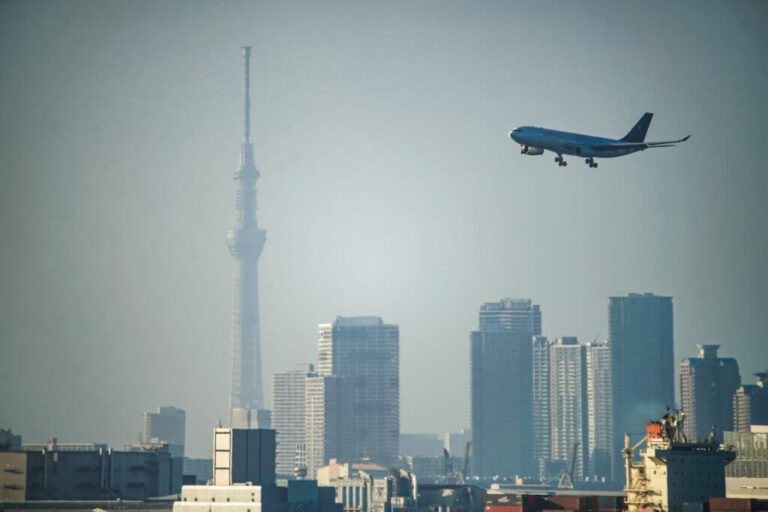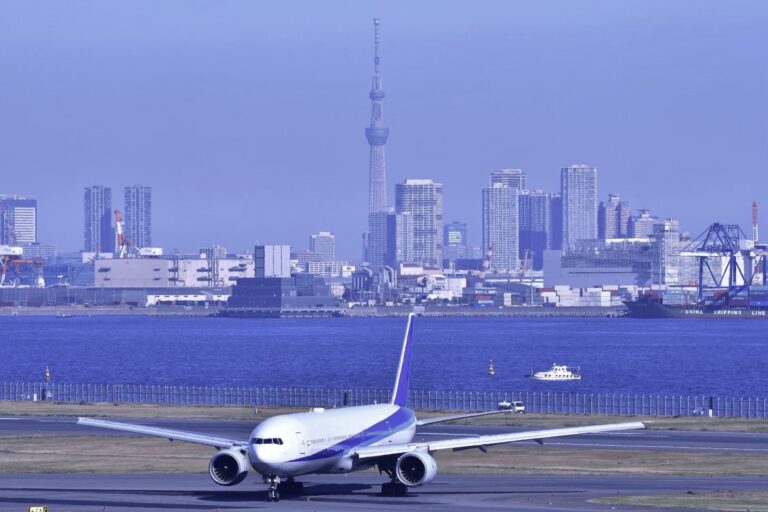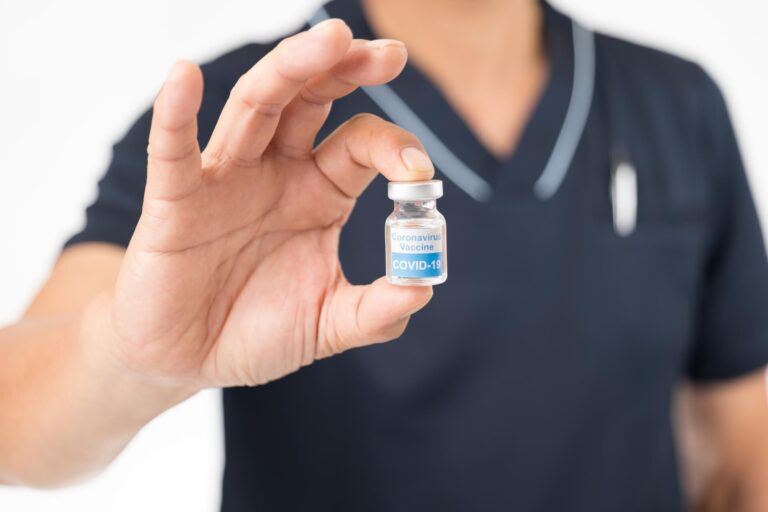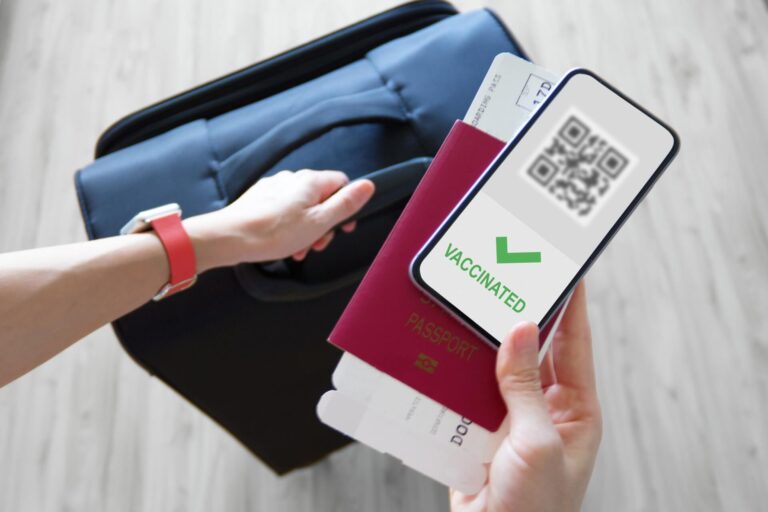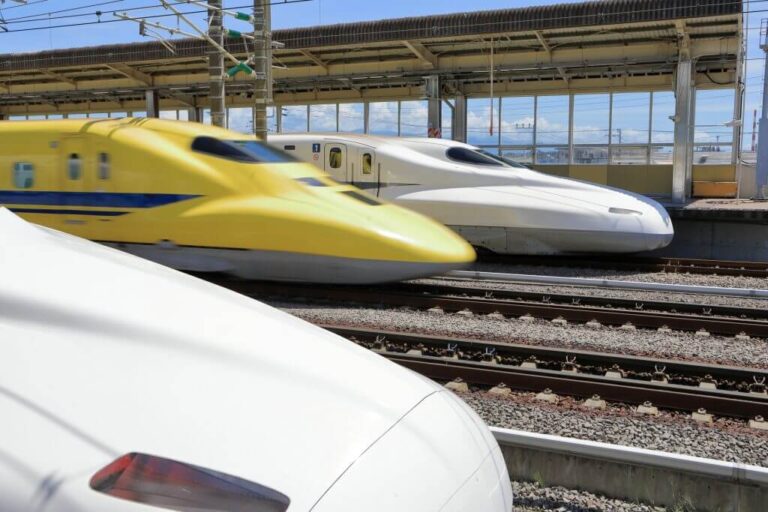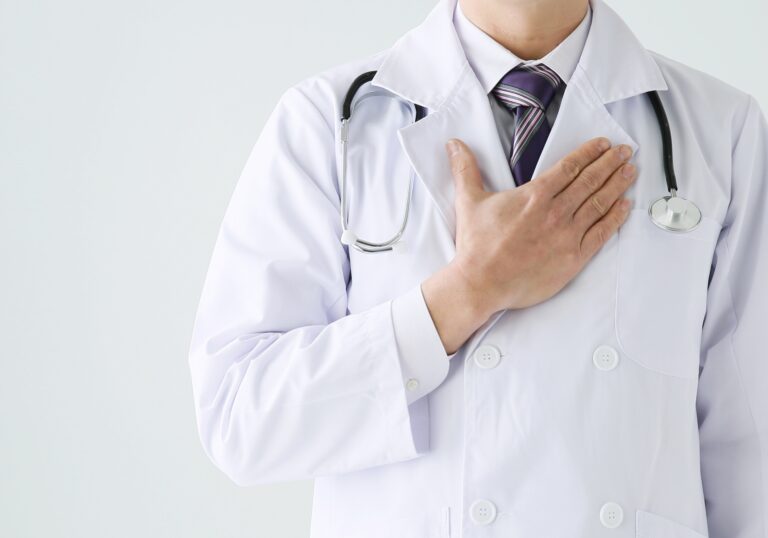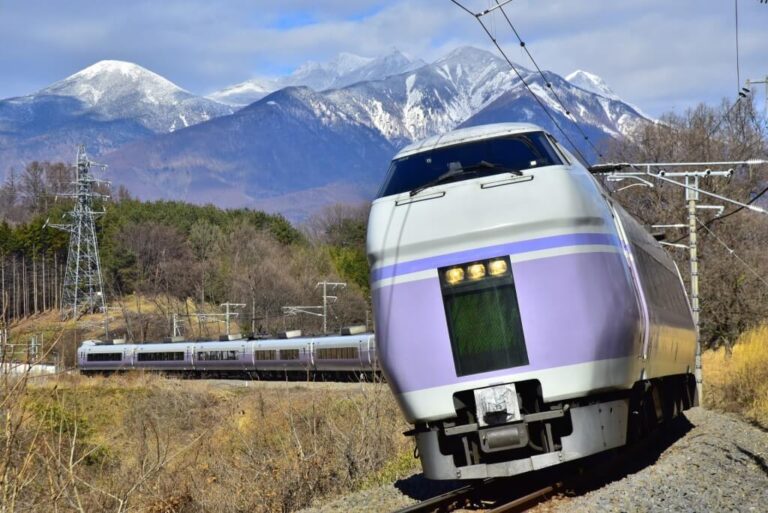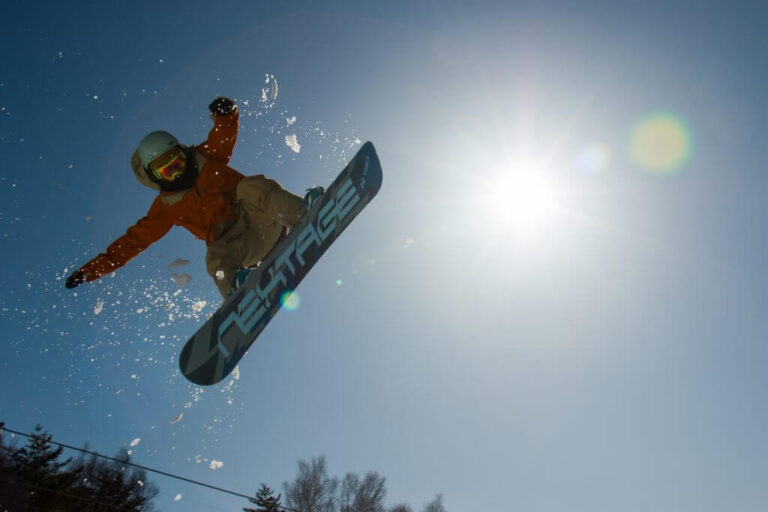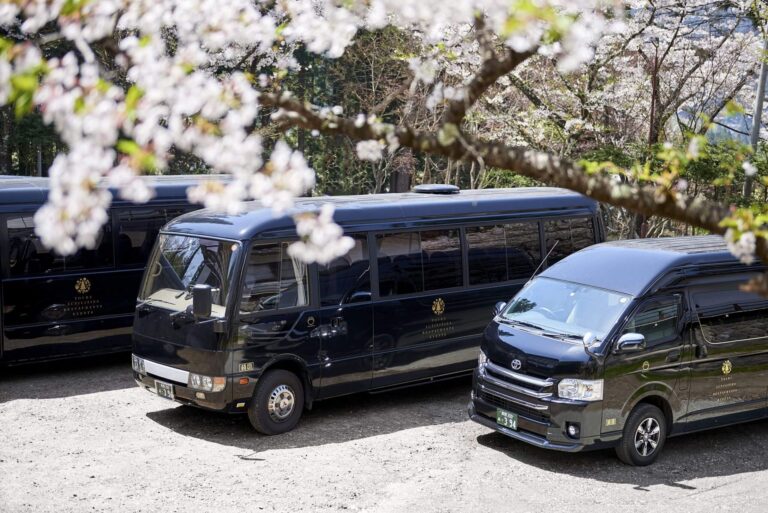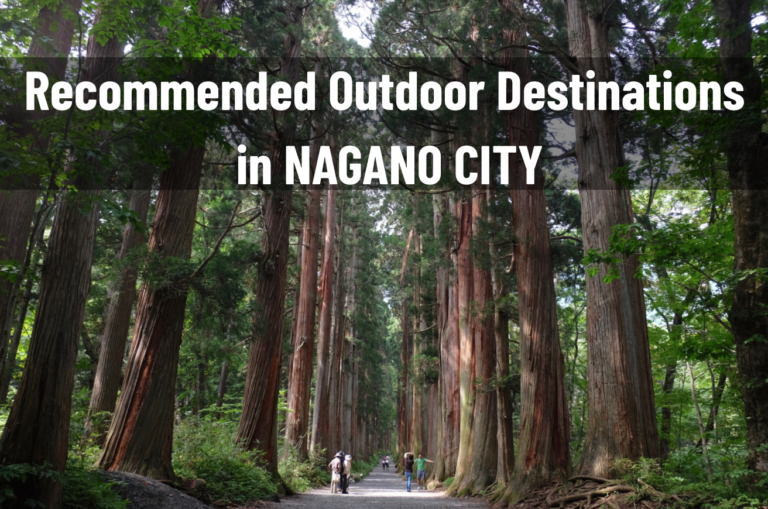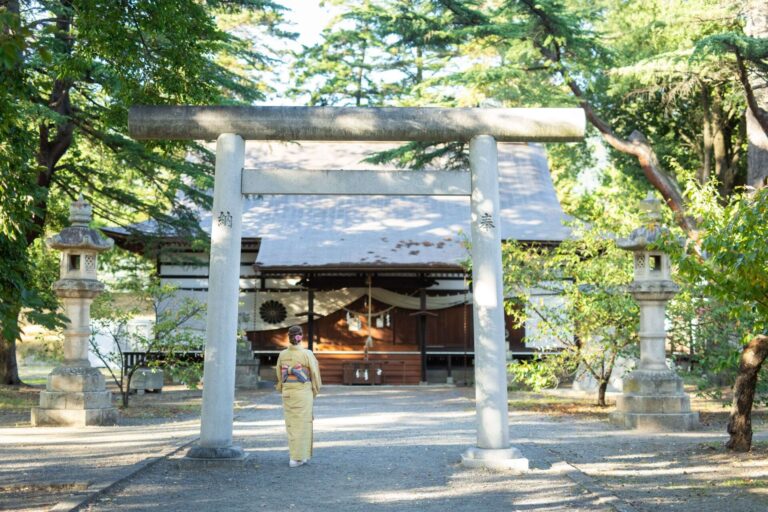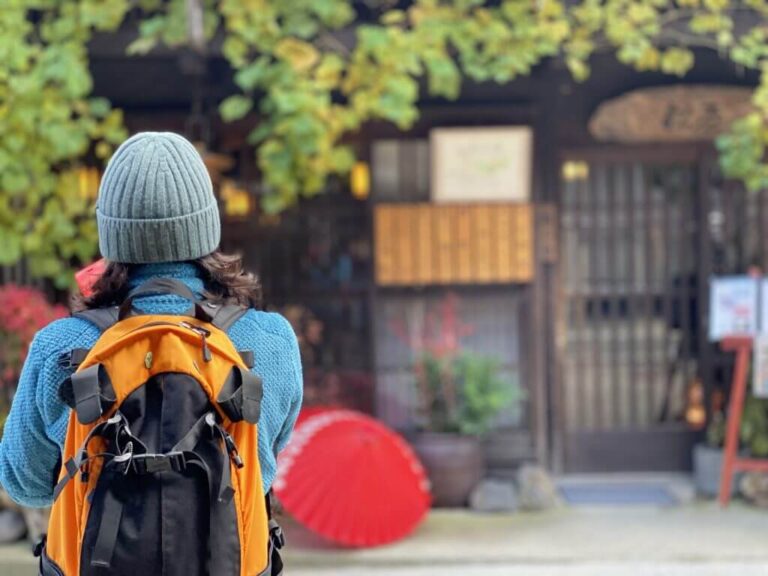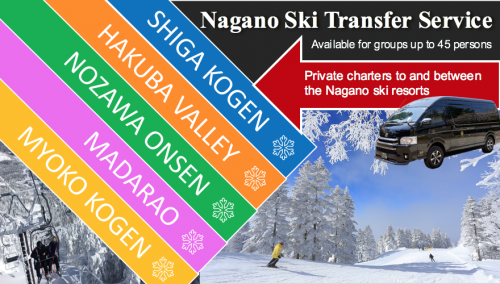Japan’s COVID-19 Vaccination Program
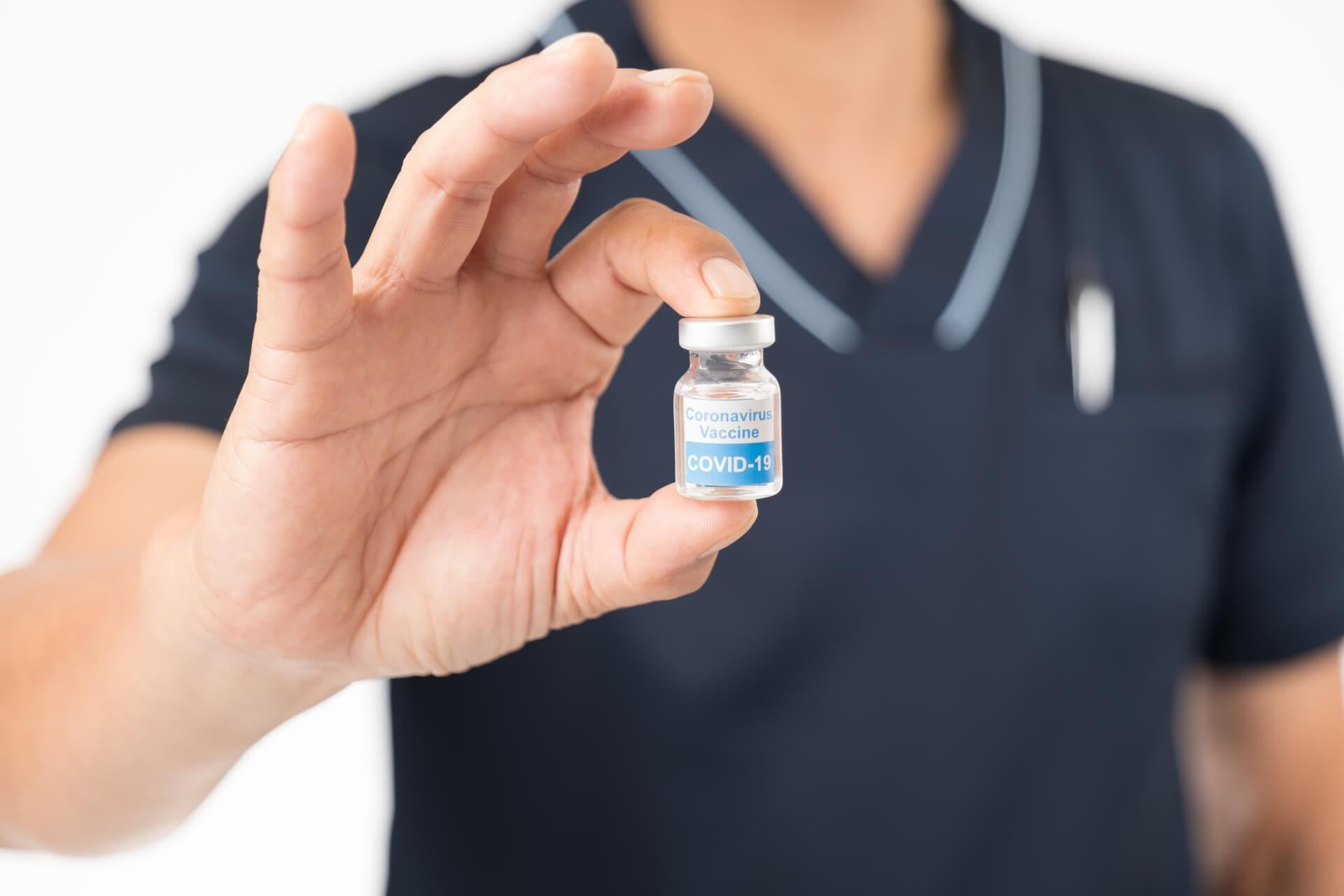
As COVID-19 vaccination programs are rolled-out in countries around the world, Japan will also be implementing a phased vaccination schedule from mid-February 2021. The following page provides an overview of program roll-out including:
1 / COVID-19 Vaccination in Japan: Latest News
2 / COVID-19 Update inc. Numbers in Japan
3 / Japan’s COVID-19 Vaccination Program
4 / Stages of Vaccination in Japan
5 / How to Arrange Your COVID-19 Vaccination
6 / Japan’s COVID-19 Vaccination Passport
7 / Japan COVID-19 Vaccine FAQs
8 / COVID-19 Vaccination Timeline
Please note, that this page is primarily intended for users outside of Japan. We hope it is helpful in planning your future travel to Japan. This page is not intended to be an exhaustive resource for people living in Japan.
1 / COVID-19 VACCINATION IN JAPAN: LATEST NEWS
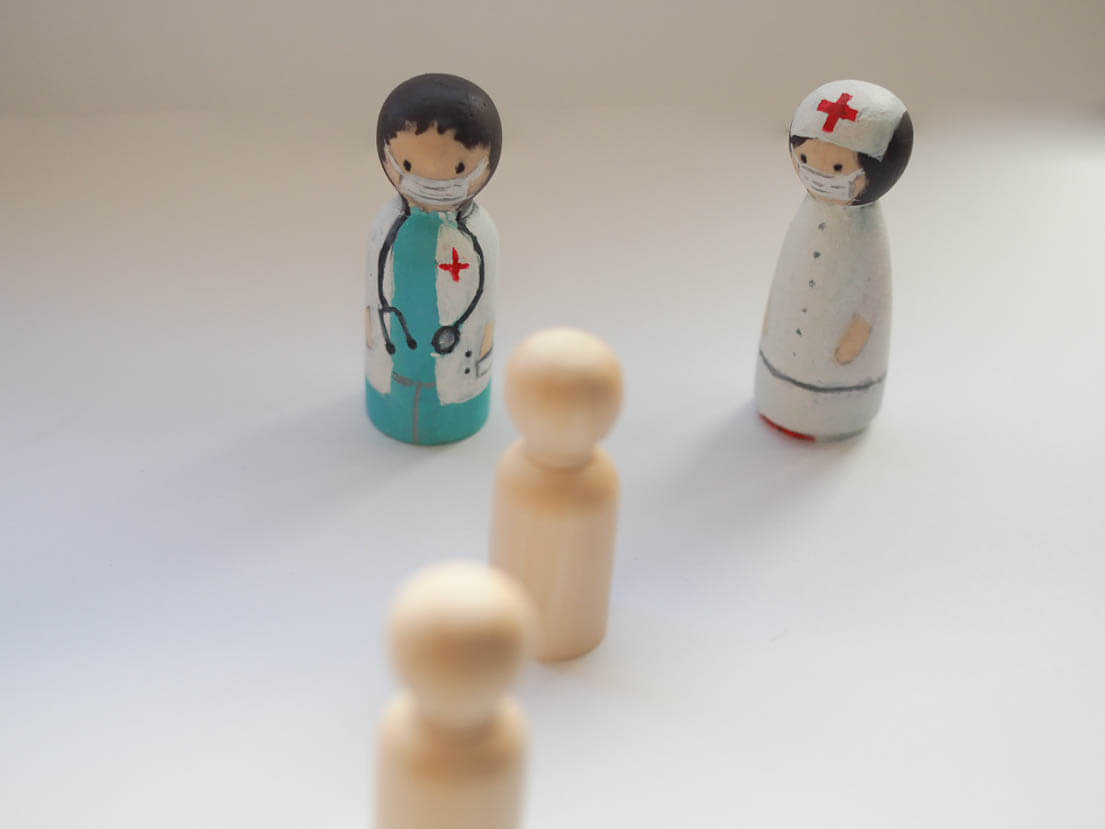
As of October 10th 2022, Japan is reporting**:
Total administered vaccinations: 325,148,064
This includes (scroll down for information re: stages of vaccination):
Received first vaccination: 104,228,496 = 81.5% of population partially vaccinated*
Received two vaccinations: 102,866,008 = 80.4% of population completely vaccinated*
Received third vaccination: 82,480552 = 65.5% of population has received booster shot*
Received fourth vaccination: 35,573,007 = 71.5% of eligible population has received a second booster shot**
*Data is best on calculation of the Japanese population totalling 127,138,033.
**Only people aged 60 and over or 18 and over with pre-existing health conditions that put them at risk of severe COVID-19 symptoms are eligible for a fourth vaccination.
We update reported numbers every Monday and whenever there’s an important development.
Latest News:
October 3 2022: Japan has begun administering its program of bivalent’ COVID-19 vaccines: that is to stay, vaccines that target the original virus and the BA.1 / Omicron subvariants. As detailed in previous updates, medical workers and persons aged 60 and over along with people at higher risk of developing severe symptoms are being prioritised before eligibility is expanded in the second-half of October.
September 12 2022: Prime Minister Kishida Fumio has announced that the roll-out of new ‘bivalent’ COVID-19 vaccines – that target the original virus and the BA.1 / Omicron subvariants – will be rolled-out later in the month and ramped-up in October and November. The government has purchased 30 million doses of the new Pfizer and Moderna vaccines – though they are yet to be approved for use in Japan. The shots will first be available to medical and health workers, people aged 60 and over along with people at higher risk of developing severe symptoms before being offered to the wider community including children aged 12 and over who have completed two rounds of vaccinations.
September 5 2022: from mid-September onward, Japan will begin roll-out of new COVID-19 vaccines developed to combat the Omicron variants of the virus. Older people will be given priority in access to the new vaccines with eligibility extended to the general public from mid-October onward.
August 22 2022: as Japan continues to experience its seventh wave of COVID-19 infections, there are further calls for parents to have their children aged 5 to 11 years vaccinated. The uptake of vaccinations for this group remains slow while cases for that age group are high – recently surpassing 300,000 cases. It has led to the forced closure of more than 100 nursery schools and other children’s facilities across the country. Vaccinations for children aged 5 to 11 have been available since February 2022 however as of mid-August, less than 20% of eligible children have received two shots reflecting the hesitancy of many parents to have young children vaccinated.
August 15 2022: the Japan Pediatric Society as recommended that children aged 5 to 17 receive COVID-19 vaccinations. The recommendation acknowledges that while more than 95% of child cases are considered mild, the number of children experiencing severe symptoms is increased with the continued spread of the Omicron variants. Only 18.5% of children aged 5 to 11 have received two vaccinations, reflecting a general hesitancy in the community to vaccinate its youngest members.
August 8 2022: the government is preparing to offer a new COVID-19 vaccine, sometime from October onward, targeting the Omicron variants responsible for the current surge in cases. Developed by Pfizer and Moderna, the vaccine combines components of the current shots along with those derived from the BA.1 subtype. Thought the vaccine is yet to be approved, the government is already in discussion regarding how it will be introduced and who will be eligible.
For history of major announcements and developments, see our ‘COVID-19 Vaccination Timeline’ below.
2 / COVID-19 UPDATE inc. NUMBERS IN JAPAN
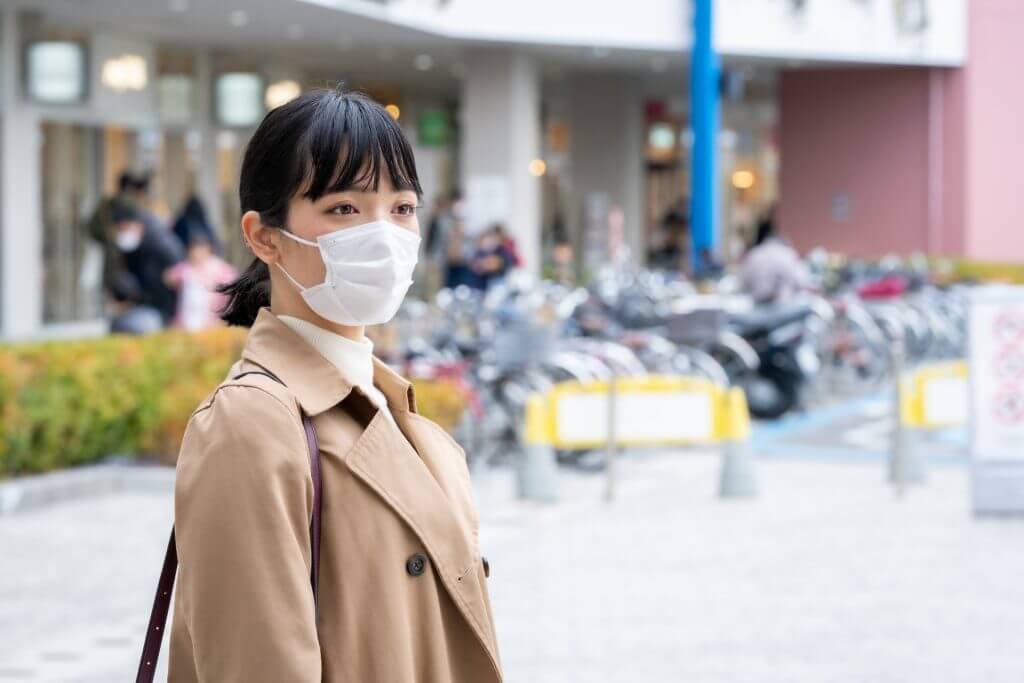
Our ‘COVID-19 Update’ page includes the latest numbers and news of what’s happening in Japan. We update the page every Monday and whenever there’s an important development.
3 / JAPAN’S COVID-19 VACCINATION PROGRAM
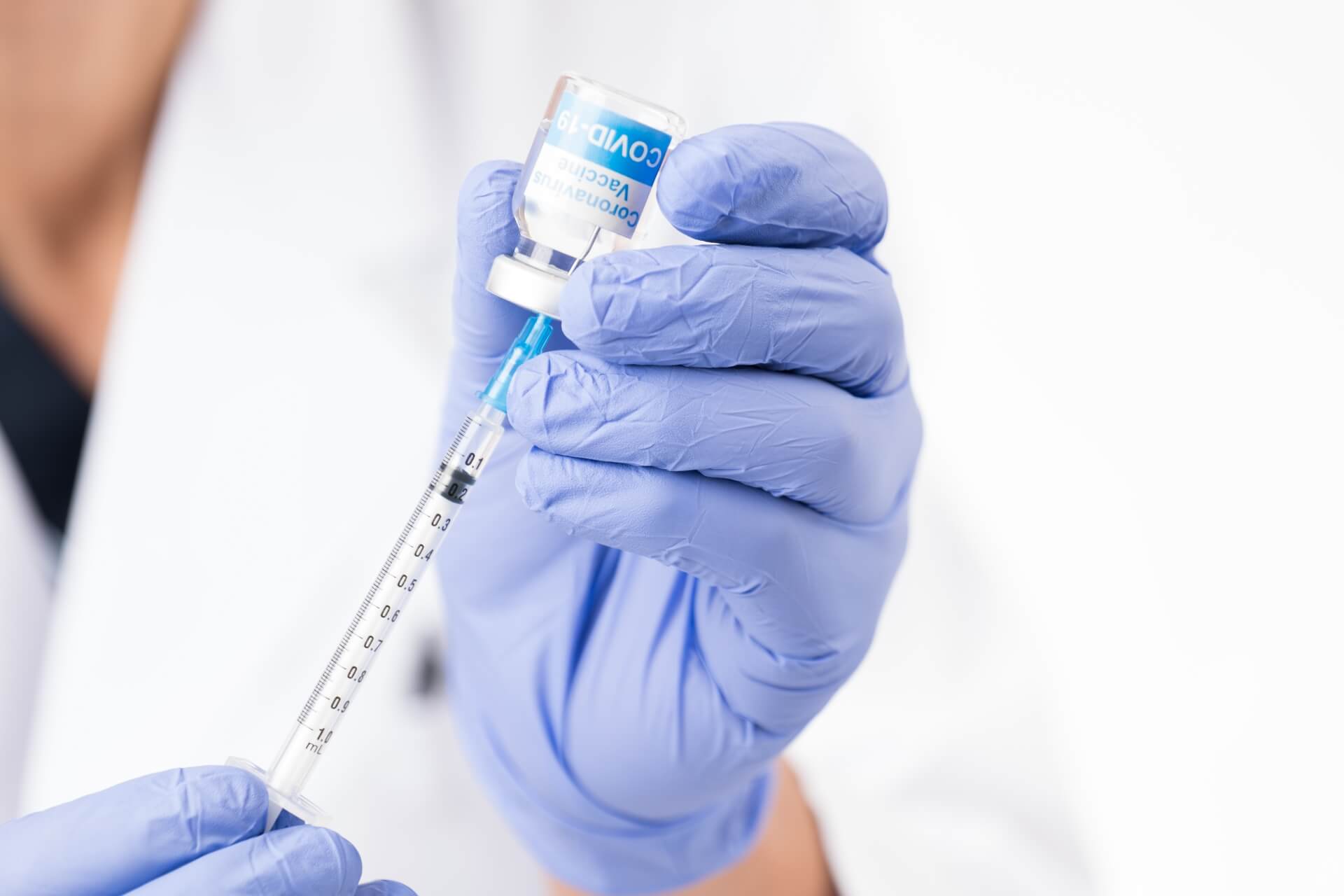
Japan will be using different vaccines having signed contracts for a supply of 314 million does including:
— 144 million doses of the Pfizer vaccine
— 120 million doses of the AstraZeneca vaccine
— 50 million doses of the Moderna vaccine
The vaccination program in Japan is set to begin in March 2021, starting with healthcare and other critical workers before moving onto persons aged 65 and above and finally, the general public. Japan has a population of around 125 million people. The Pfizer vaccine is likely to be the first approved and used in Japan.
4 / STAGES OF VACCINATION IN JAPAN
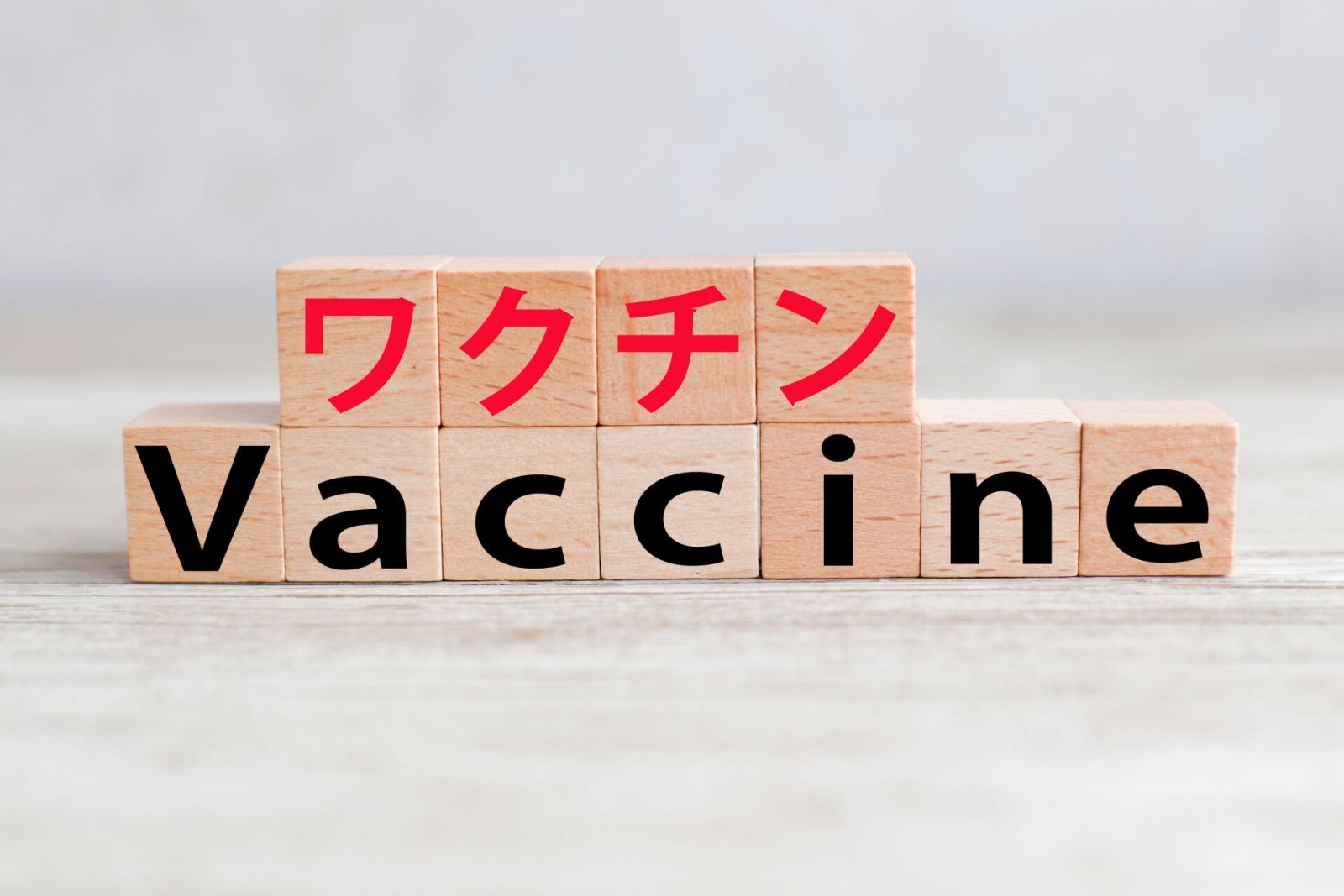
While full details are not yet known, it has been announced that vaccinations will begin in mid-February 2021, starting with:
STAGE 1: front-line healthcare workers and persons required to be in contact with COVID-19 positive people will be prioritised, starting with vaccination of 10,000 healthcare workers participating in safety trials from mid-February before an estimated 3.7 million health care workers are inoculated from March onward.
STAGE 2: persons aged 65 and older – a group estimated to be around 36 million people and considered to be of higher risk if they contract COVID-19 – will be vaccinated from mid-March or early-April onward.
STAGE 3: persons aged under 65 with underlying health conditions will be vaccinated next, as this group is also a higher risk on severe symptoms should they contract COVID-19. People aged 20 to 64 with underlying health conditions are estimated to total around 8.2 million and are expected to begin vaccination in April or later.
STAGE 4: the general public will then be eligible for vaccination with certain groups, such as pregnant women, not eligible due to insufficient information about the effect of the vaccine on them. It has also been suggested that vaccines will only be made available to persons over the age of 16 however full details are not yet available. It is expected that vaccination of the general public will begin sometime from June or later.
5 / HOW TO ARRANGE YOUR COVID-19 VACCINATION
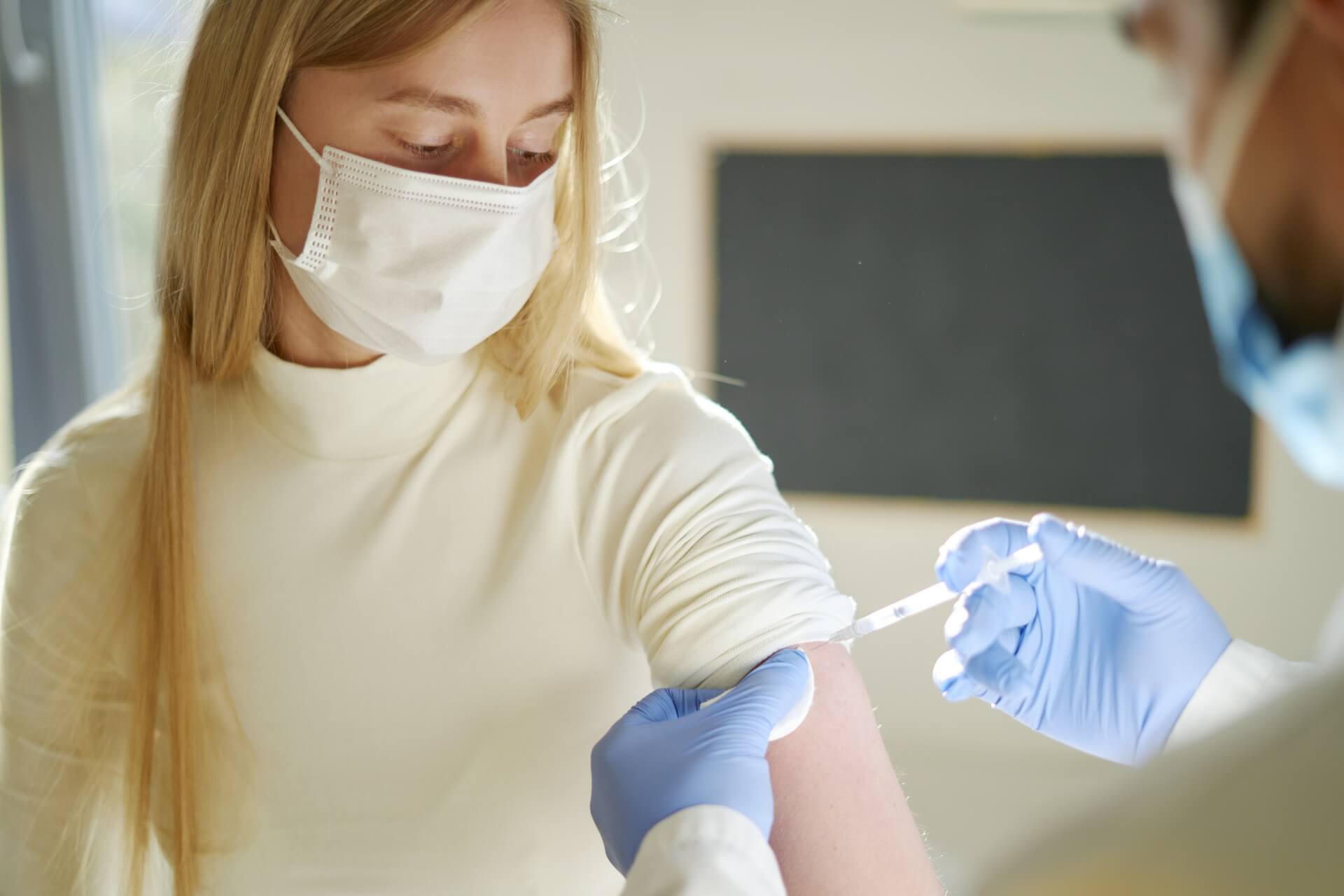
Japan’s COVID-19 vaccination program has been in progress since February. The roll-out of the program varies across the country, with prioritised regions including Tokyo and Osaka now offering shots to almost anyone who wants to be vaccinated while other prefectures are still prioritising specific groups. To be certain of the process in your area, it’s best to check with your local municipality to determine if you are yet eligible while vaccination sites throughout Japan can be found through this website. Generally-speaking, the following steps are required to complete your COVID-19 vaccination:
1 / once you are eligible to be vaccinated, you should receive a ‘vaccine coupon’ from your local municipality. The coupon will include information about how to book your vaccination at a designated clinic. Some municipalities are also issuing coupons at their offices, allowing residents to walk-in and request one.
2 / your vaccine coupon will have information about how to book your shot including an ID number and link to a booking website or phone number. For foreign residents living in Tokyo, an English booking and enquiry hotline- 0570-056-750 – operates daily from 07:00 until 19:00.
3 / on the day of your vaccination, you will need to take your vaccine coupon, a valid ID (such as your residence card or drivers licence) and a completed ‘Pre-vaccination Screening Questionnaire’ – available in multiple foreign languages from this website. Once all documents are checked, you will be given some basic information about the shot you are receiving. You will then receive your first shot.
4 / residents receiving either the Pfizer or Moderna vaccines will need to arrange a second shot several weeks later. The second Pfizer shot is usually administered around three weeks after the first while the second shot is given around four weeks later. You need to hang-on to your vaccine coupon and any other documents you are provided with, and follow the steps above to book your second shot once you are eligible. At that point, you will have completed the vaccination process.
6 / JAPAN’S COVID-19 VACCINATION PASSPORT
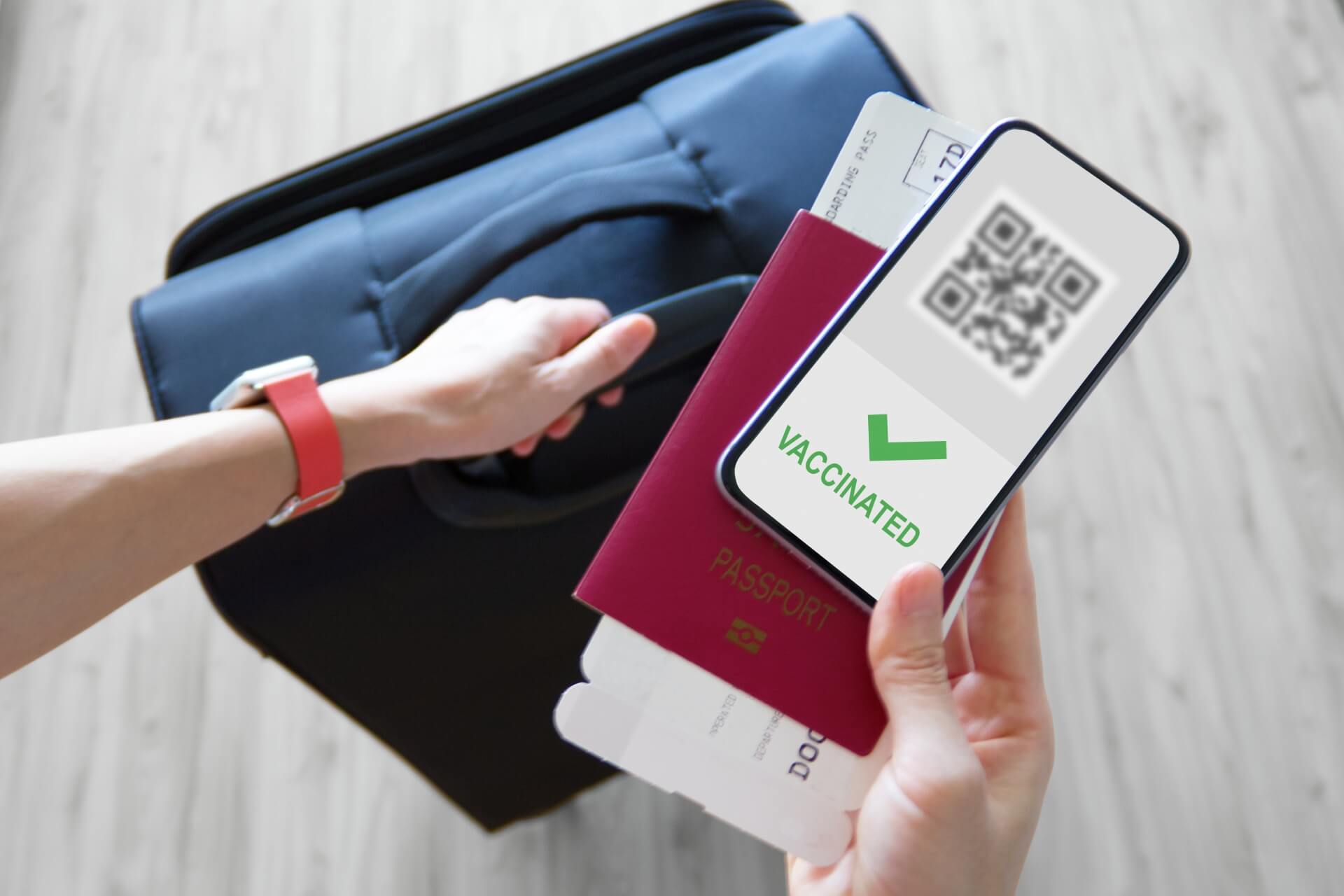
Consistent with many countries around the world, Japan has announced its intention to utilise some form of digital vaccination passport in an effort to re-open its international. While the exact details of how this will work and which digital platform Japan will use are not yet confirmed, the government appears committed to rolling-out a smartphone app which travellers can use to satisfy the health requirement and allowing them to travel to Japan. It is hoped that this will facilitate opening of the international border in the near future. For further information, see our ‘Japan’s COVID-19 Vaccination Passport’ page.
7 / JAPAN COVID-19 VACCINE FAQs
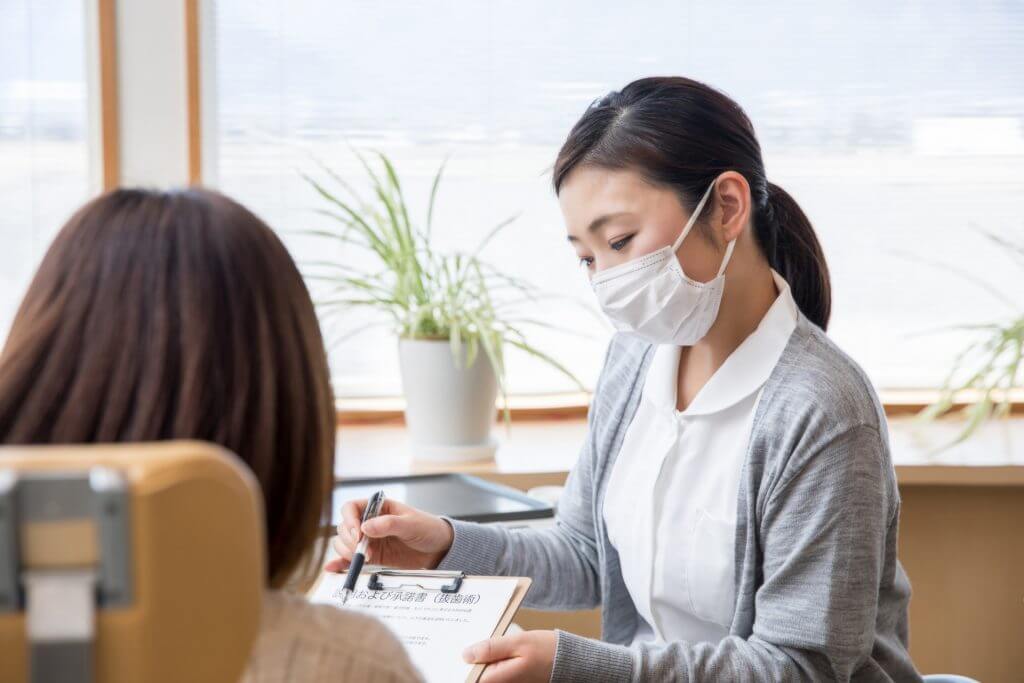
There are lots of questions swirling around about how Japan’s vaccination program will be rolled-out. The answers to some of those questions are known while others are still unclear. These are some of the most common questions:
Which vaccine is Japan using?
Japan is using three different vaccines produced by Moderna and Pfizer (from the United States) and AstraZeneca (from the United Kingdom). Approximately 314 million doses have been procured to cover Japan’s population of around 125 million people. The Pfizer vaccine is likely to be the first approved and used in Japan.
When will vaccination begin and how will it work?
The first inoculations are expected to begin in mid-February 2021, starting with a test group of essential health workers before vaccination of all key health workers in Japan, followed by the elderly, persons with underlying health conditions and eventually the general public. See above for further details.
Who will be vaccinated first?
Essential health workers – which totals a group of around 3.7 million people – will be prioritised before persons aged 65 and over are the first people within the general public to be vaccinated. See above for further details.
Why is Japan starting vaccination later than other countries?
In recent years, Japan has a history of proceeding cautiously when it comes to testing and approving vaccines. In-keeping with that cautious approach, the government is allowing adequate time for necessary testing of candidate vaccines.
Do I need to be vaccinated to travel to Japan?
At this time, entry for most foreign nationals – other than foreign residents and some business travellers – is not possible. As vaccination programs are rolled-out around the world, it has not yet been announced whether proof that you have been vaccinated will become an entry requirement or if priority will be given to those who have been inoculated. We will update this page as further information becomes available.
I am a foreign resident of Japan. Am I eligible for the COVID-19 vaccination?
Yes. The government has announced that foreign residents of Japan will be eligible for the COVID-19 vaccination as long as their residence is registered with a municipality.
8 / COVID-19 VACCINATION TIMELINE
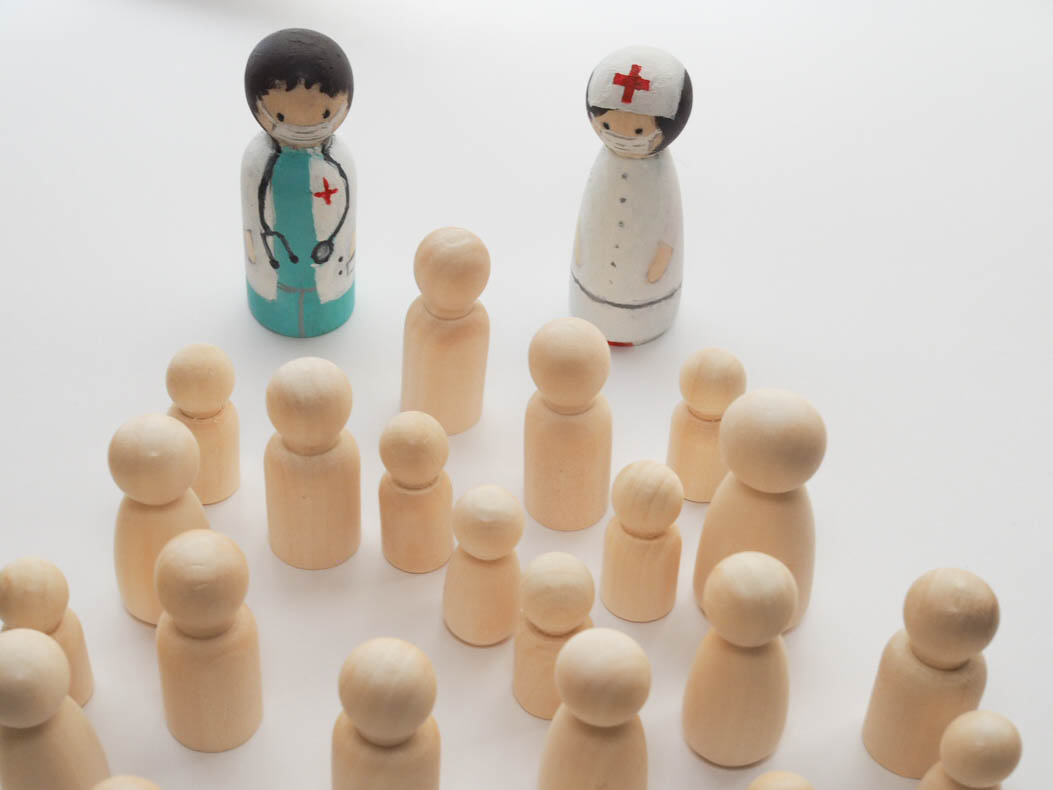
The following timeline is intended to provide a historical snapshot of Japan’s COVID-19 vaccination program:
October 3 2022: Japan has begun administering its program of bivalent’ COVID-19 vaccines: that is to stay, vaccines that target the original virus and the BA.1 / Omicron subvariants. As detailed in previous updates, medical workers and persons aged 60 and over along with people at higher risk of developing severe symptoms are being prioritised before eligibility is expanded in the second-half of October.
September 12 2022: Prime Minister Kishida Fumio has announced that the roll-out of new ‘bivalent’ COVID-19 vaccines – that target the original virus and the BA.1 / Omicron subvariants – will be rolled-out later in the month and ramped-up in October and November. The government has purchased 30 million doses of the new Pfizer and Moderna vaccines – though they are yet to be approved for use in Japan. The shots will first be available to medical and health workers, people aged 60 and over along with people at higher risk of developing severe symptoms before being offered to the wider community including children aged 12 and over who have completed two rounds of vaccinations.
September 5 2022: from mid-September onward, Japan will begin roll-out of new COVID-19 vaccines developed to combat the Omicron variants of the virus. Older people will be given priority in access to the new vaccines with eligibility extended to the general public from mid-October onward.
August 22 2022: as Japan continues to experience its seventh wave of COVID-19 infections, there are further calls for parents to have their children aged 5 to 11 years vaccinated. The uptake of vaccinations for this group remains slow while cases for that age group are high – recently surpassing 300,000 cases. It has led to the forced closure of more than 100 nursery schools and other children’s facilities across the country. Vaccinations for children aged 5 to 11 have been available since February 2022 however as of mid-August, less than 20% of eligible children have received two shots reflecting the hesitancy of many parents to have young children vaccinated.
August 15 2022: the Japan Pediatric Society as recommended that children aged 5 to 17 receive COVID-19 vaccinations. The recommendation acknowledges that while more than 95% of child cases are considered mild, the number of children experiencing severe symptoms is increased with the continued spread of the Omicron variants. Only 18.5% of children aged 5 to 11 have received two vaccinations, reflecting a general hesitancy in the community to vaccinate its youngest members.
August 8 2022: the government is preparing to offer a new COVID-19 vaccine, sometime from October onward, targeting the Omicron variants responsible for the current surge in cases. Developed by Pfizer and Moderna, the vaccine combines components of the current shots along with those derived from the BA.1 subtype. Thought the vaccine is yet to be approved, the government is already in discussion regarding how it will be introduced and who will be eligible.
July 25 2022: from next week onward, residents of Japan who have received two or more COVID-19 vaccinations will be able to print a vaccine record / passport at some convenience stores and supermarkets. To do so, residents will need their ‘My Number’ card and pay JPY120. Two types of record / passport will be available – one for domestic use and the other for international use. For more information, see our ‘Japan’s COVID-19 Vaccination Passport’ page.
July 20 2022: Prime Minister Kishida Fumio has announced that eligibility for the fourth COVID-19 vaccination will be extended to medical works in addition to elderly (persons aged 60 and over) and those with pre-existing health conditions that put them a risk of severe symptoms. Kishida also called for younger people to get the third vaccination, with only a small percentage of those aged under 30 having received a booster shot.
July 4 2022: a study conducted by Nagasaki University has concluded that only 36% of people aged 65 and under, were protected against COVID-19 infection after two vaccinations whoever that rate jumps to almost 70% following a third, booster shot. The research was based on results from 5169 people who displayed ‘COVID-like symptoms’ and presented at 13 hospitals across 10 prefectures from January to March 2022. The release of the study comes with Japan’s vaccination rate standing at just over 80% for the first and second shot and just over 60% nationally.
May 30 2022: Japan started administering it’s fourth vaccination on May 25 however as previously reported, this booster will only be offered to people aged 60 and over along with those aged 18 and over with health conditions that put them at risk of severe COVID-19 symptoms. Japan is using the Pfizer and Moderna vaccines for the fourth dose.
May 23 2022: from this week, Japan will begin offering fourth COVID-19 shots to the elderly – people aged 60 and over – and those with chronic health conditions – aged 18 to 59 – which put them at higher risk of serious COVID-19 symptoms. At this stage there does not appear to be any intention to offer the fourth booster to the general population, with the uptake of the third booster having been slower than expected.
May 9 2022: Japan reported 42,538 new COVID-19 cases yesterday, marking the first daily count above 40,000 in the past 10 days. It is an increase of more than 15,000 cases than the week before and comes at the end of the ‘Golden Week’ period during which a significant portion of the population were on holiday and moving around Japan.
May 6 2022: Japan’s health ministry has announced that eligibility for a fourth COVID-19 vaccination will be limited to persons aged 60 and over and those aged 18 and over with underlying health conditions. The interval period between the third and fourth doses will be set a five months with Moderna and Pfizer vaccines used. In addition, a vaccine developed by Novavax Inc. has been approved for use as a first, second and third shot.
April 25 2022: Japan looks set to announce that a fourth round of COVID-19 vaccinations will be available 5 months after a person has received their third inoculation. The fourth shot will at first be offered to those deemed at risk of developing serious symptoms including the elderly and people with underlying health conditions. While there is no official announcement yet, it is expected the government will soon confirm the decision publicly.
April 18 2022: a recent survey of people who have received at least one COVID-19 vaccination showed that 54% of respondents wished to receive a fourth shot. Conducted online, the survey included responses from 1200 people across Japan. Of those who responded, 42.9^% had already received a third shot. In total, 16.1% said they do wish to receive a fourth shot while 30.2% responded that they remain undecided. Those who responded positively, cited that they believe the vaccinations are effective and had prevent them being infected despite close contact with COVID-positive people. Those who responded negatively cited negative cited effects of previous vaccinations while some concerns about when the vaccination program would end.
April 11 2022: while more than 80% of Japanese aged 65 years and older have now received a third ‘booster’ shot, just over 44% of the entire population have done so. It is believed that the slow uptake of the third shot is one of the reasons COVID-19 continues to spread around Japan, a concern that plagues experts as the government discussed roll-out of a second booster / fourth dose sometime around summer.
April 4 2022: over 40% of Japan’s population has now received a third COVID-19 vaccination as the government continues to consider making a fourth round of shots available as soon as next month. It comes as research from two hospitals – Kyushu University Hospital and Fukuoka City Hospital – show that people who develop fever after their second vaccination, show higher levels of antibodies – a pattern that appears to be repeated when receiving a third shot. The research showed that adequate antibody levels were obtained regardless of whether an individual developed a fever, but that antibodies are higher in those who do.
March 28 2022: following reports that the government is considering a fourth round of vaccinations for some time in late-summer, subsequent reporting suggest that it might begin as early as May. An expert subcommittee of the Health, Labor and Welfare Ministry has agreed that the government should starting preparation for a fourth round of shots, and is now discussing shortening the interval between the third and fourth rounds, which was originally set to be 6 months. Japan began its third round of vaccinations in December meaning that should the interval be reduced to 6 months, a fourth round can begin as early as May.
March 21 2022: a recent study by Chiba University Hospital has concluded that the amount of COVID-19 antibodies in a person spikes by up to 38 times upon undergoing a third ‘booster’ vaccination. The study examined the antibody level of 1372 doctors, nurses and other workers employed at the hospital, with ages ranging from the 20s to 70s. It is the second study conducted by Chiba University Hospital, following-on from an earlier, smaller study that produced a similar result. It comes as Japan’s roll-out of the third ‘booster’ shot pickups speed, and the percentage of the population having had three shots now approaching 35%.
March 15 2022: reports in Japan indicate that the government is considering offering a fourth vaccine later in summer, dependent on the continued severity of the pandemic. Distribution of 128.2 doses of vaccine, more than enough to cover all persons eligible for a third shot, will be completed by the end of April. An excess of doses from each stage of the vaccination program means that the government is confident of securing enough shots to offer a fourth round of vaccinations, should it be deemed necessary. No official announcement has however yet been made. Should that occur, we will update this page with further information.
March 7 2022: Japan has achieved the target set by the government of administering over 1 million COVID-19 booster shots per day by mid-February. While this target is not being met everyday, Japan recorded over 1 million shots on by February 18 and 26, and as of today, over 22% of the population has received a booster shot. This stage of the vaccination program is expected to accelerate in coming weeks with most prefectures now issuing coupons to residents, inviting them to arrange their boosters.
February 28 2022: vaccination of children aged 5 to 11 began in Tokyo on Saturday. This marks the first vaccinations for children within this age bracket and is soon to be followed by other municipalities from March onward.
February 14 2022: The Japanese health ministry has determined that, following the recent approval of a Pfizer vaccine for children aged 5 to 11, children in this age bracket will be exempt from any mandatory requirement to be vaccinated. Whether parents should be required to have children aged to 5 to 11 was the main agenda item during a recent meeting of the Health, Labor and Welfare Ministry. Sensitivity around this debate and uncertainty over the vaccines effectiveness against the prevalent Omicron strain makes it difficult to know how many parents will choose to have their children vaccinated, noting that few children in Japan have become seriously ill with COVID-19.
February 7 2022: following the approval of the Pfizer vaccine for children aged 5 to 11, municipalities around the country a preparing to begin their first round of vaccinations. How vaccinations will be rolled-out is likely to differ between prefectures with some considering the use of mass vaccination sites while others appear set to do so through pediatric clinics or hospitals. It is likely that the first vaccinations for children aged 5 to 11 will be available from March onward.
January 23 2022: Japan has approved expansion of its vaccination program to include inoculation for children aged 5 to 11 using the Pfizer vaccine. At this time, other vaccines have not been approved for use on children aged under 12 and there is no announcement as to when the roll-out of the Pfizer vaccine to children aged 5 to 11 will begin.
January 17 2022: in response to the increasing spread of the Omicron variant around Japan, the government is introducing a range of measures including shorter isolation times for essential workers and close contacts – to avoid a critical number of people being unavailable for work – and shortening the timeline for booster shots, from an initial period of 8 months to 7 months since a person received their second vaccination. This applies to persons aged under 64 years of age. From those over 65, an interval of only 6 months will now be applied.
December 28 2021: Japan has approved the COVID-19 pill ‘molnupiravir’, developed by pharmaceutical company Merck & Co., for use as early as next week. An initial procurement of 1.6 million doses has been secured. It is one of two drugs approved for use, along with a pill made by Pfizer, in addition to the multiple vaccinations being administered across the country.
December 20 2021: Japan has launched a COVID-19 vaccination app for smartphones. The app – ‘新型コロナワクチン接種証明書アプリ‘ or ‘New Corona Vaccination Certificate Application’ – that can be downloaded for free and once activated, will display the user’s vaccination history. It is intended for both domestic use and international travel.
December 3 2021: Japan began roll-out of its third dose of ‘booster’ vaccinations on Wednesday, Dec. 1 2021, as health staff in Tokyo became the first to receive them. This milestone comes as the government is considering reducing the wait time for boosters from the initially intended 8 to 9 months (since the second dose) to only 6 months, in response to concerns over the new ‘Omicron’ variant.
November 15 2021: 43 of Japan’s 47 prefectural capital cities are reporting that they will finish their roll-out of the initial two-dose COVID-19 vaccination program by the end of November. This represents 91.5% of all prefectural capitals. As of Monday, the double vaccination rate for the entire country ticked over 75% with the government now also set to start third ‘booster’ vaccinations for eligible persons in 2022.
November 12 2021: Japan’s health ministry has approved the Pfizer vaccine as a third booster shot, to be administered to people around 8 to 9 months after their second shot. It is the first vaccine to be approved for a third shot in Japan with the Modern booster currently under review for approval. It is likely that the Pfizer booster will be available to certain healthcare workers from December and elderly citizens and residents from January onward.
November 8 2021: Japan recorded no COVID-related deaths yesterday – Sunday 7th November – the first time that this has occurred in around fifteen months. It comes at a time that Japan surpassed 70% vaccination of the population and some border restrictions are being eased.
November 2 2021: Japan’s health ministry has requested that local governments prepare to administer a third ‘booster’ shot to residents from December onward, with anyone who has already received two shots eligible for a third should they wish to. Over 70% of the population has now received two shots. The third shot is likely to be available around eight months after a person has had their second pending approval of the relevant Pfizer, Moderna and AstraZeneca boosters.
September 13 2021: the government is set to begin discussions of administering a third round of COVID-19 vaccinations toward the end of the year, in response to the continued spread of the Delta variant. Research shows that COVID-19 antibodies decrease around six months after the second shot has been administered, leading to discussion of a third ‘booster’ shot in the near future.
September 6 2021: the government has announced that from December onward, it will issue digital COVID-19 vaccination certificates. While not all details have yet been confirmed, the certificates are intended to be used for international travel and function via a smartphone app and QR scan code.
August 23 2021: Japan’s COVID-19 vaccination program continues to speed-up with the country surpassing the landmark that more than 50% of the population have now had their first shots. The official figures as of Aug-23 are 51.3% of the population have received their first shot while 39.7% have received both shots.
June 21 2021: as of this week, Japan’s COVID-19 vaccination program moves into a new phase with shots now being offered to persons under 65 years of age. Large companies and universities are central to this push with many offering inoculations to employees and their families on-site. At this stage, the push is limited to companies and universities with a large number of employees or students, with 266 venues operating as of yesterday. Employers including Japan Airlines (JAL), All Nippon Airways (ANA), Softbank and Central Japan Railways are participating along with universities including Keio, Kindai and Tohoku. Data shows that only 3.6% of the population has now received two shots however with efforts to speed-up the roll-out it is hoped that all persons that wish to be vaccinated will have received both shots by November.
June 11 2021: in a continued effort to ramp-up vaccinations prior to the Olympic Games – scheduled to take place from July 23 until August 8 2021 – the government has announced that the main vaccination centre in Tokyo will begin providing inoculations for people aged under 65 from tomorrow onward. This revision marks the beginning of Stages 3 and 4 of the vaccination program however does so at a time that relatively few people prioritized under Stage 2 of the program – people aged 65 and over – have received two doses.
June 9 2021: in an effort to speed-up vaccinations in Japan, the government has announced that workplaces and universities will now be involved in the roll-out and it will soon begin to target younger people. Large workplaces with their own medical staff will be provided doses to begin inoculation while more than half of Tokyo’s 23 wards will start inoculating people in their 20s and 30s by the end of June through universities and workplaces. This group tends to be more socially active as continues to be linked to the spread of COVID-19 in the capital. The latest figures released in Japan show that around 70% of healthcare workers have now been fully vaccinated and more than 20% of people aged 65 and over have had their first shot but only 3% have had both shots. Ten prefectures including Tokyo and Osaka remain under a ‘state of emergency’ with numbers falling however experts are concerned that as people continue to shop and visit entertainment district, the infection rate will soon rise again.
May 31 2021: facing continued criticism regarding the slow roll-out of its vaccination program, the government has announced that persons eligible under Stage 3 of the program – i.e. aged 20 to 64 with underlying health conditions that put them at risk of severe symptoms if they contract COVID-19 – will soon be eligible for inoculation at the same time that Stage 2 i.e. persons aged 65 years and older, are continuing to be vaccinated. This group is though to be around 8.2 million people however precise data does not exist. The announcement comes as Stage 2 continues to be slow, with only a small percentage of the estimated 36 million Japanese aged 65 and over having received two shots and large vaccination centres are being established around the country to speed-up the program.
May 24 2021: as of today, large-scale vaccination centres are operating in Tokyo and Osaka. Operated by the Self-Defence Forces, it is hoped that the centres will speed-up Japan’s vaccination program which has been criticised for lagging behind many other countries. The centres will use the Moderna vaccine (approved for use in Japan last week) with targets of 10,000 vaccinations per day in Tokyo and 5,000 per day in Osaka, with centres operating 8AM to 8PM daily including weekends and public holidays. The vaccination program is currently at Stage 2 i.e. the vaccination of persons aged 65 and older. At least twenty-eight prefectures are also planning or considering setting-up large-scale vaccination centres including Gunma, Aichi and Miyagi which will open their centres shortly.
May 19 2021: the government has announced that it will set-up a ‘study team’ that will consider the possibility of issuing digital ‘vaccination certificates’. Issued by local municipalities, the certificates would act as verifiable evidence of a person’s vaccination history. This reflects a move in some foreign countries and an expectation that such documents may be required to travel internationally, once borders begin to reopen.
May 10 2021: the Ministry of Health has announced that the first stage of its vaccination program should be complete this week, with all essential medical workers soon to have received both inoculations. The second stage of the program – vaccination of persons aged 65 years and above – is already underway however has been criticised for its slow progress. In response, the government has announced that it will speed-up delivery of vaccine does and is in discussion with local governments about setting-up mass-vaccination centres.
April 30 2021: the government has again commented that Japan will introduce some form of “vaccine passport” in the form of a smartphone app that will facilitate movement of people in and out of the country. It is believe digital passport will record evidence of having had a COVID-19 vaccination along with negative test results, potentially allowing persons who have not yet been vaccinated to travel. While nothing concrete has yet been announced, it’s a positive step toward re-opening the international border.
April 12 2021: as of today, Japan will begin the second stage of its vaccination program with delivery of the first inoculations to people aged 65 and over. This earliest vaccinations will take place from today with the full roll-out expected from early-May onward. This group accounts for a significant proportion of the community, an estimated 36 million people. It follows on from the first stage which saw healthcare and other critical workers vaccinated.
March 15 2021: trials of a proposed ‘Common Pass’ have taken place at Tokyo’s Haneda Airport. Five participants underwent COVID-19/PCR tests which were transmitted to a laboratory with all five participants receiving negative test results to their phones within two hours. Those results are then displayed as a ‘universal digital certificate’ which can then be used to satisfy entry requirements of a travellers’ destination country upon check-in in their country of origin.
February 22 2021: the Ministry of Health, Labor and Welfare (MHLW) has announced the first vaccinations in Japan. A total of 11,934 persons have been vaccinated as of 5PM on February 22nd 2021.
February 3 2021: Japan’s Prime Minister, Suga Yoshihide, has announced that the first vaccinations in Japan will begin in mid-February, ahead of the expected start date at the end of February. The vaccination program will begin with trial inoculation of 10,000 healthcare workers before all essential healthcare workers – an estimated 3.7 million people – become the first large group to receive the vaccine.



